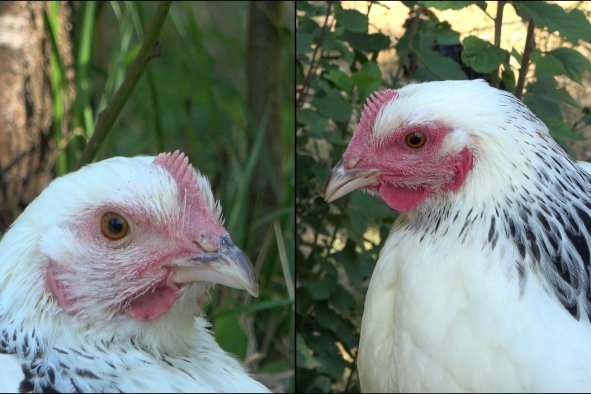Common artificial sweeteners may be causing serious damage to your gut, scientists have warned. Not only that, but according to new research these additives could be transforming otherwise healthy gut bacteria into dangerous agents of disease.
Artificial sweeteners are everywhere—in everything from diet drinks to baked goods, chewing gum and even toothpaste. Since the 1970s, six of these sugar-free substitutes have been approved by the U.S. Food and Drug Administration, with the first being aspartame in 1974.
While these additives are largely considered to be safe, studies have increasingly found that aspartame and sucralose in particular may be linked to a range of health problems, including type 2 diabetes, obesity, cancer and disruption of the gut microbiome. However, much less research has been done into the potential side effects of some of the newer artificial sweeteners on the market.
Neotame is one such "new generation" sweetener. It was approved by the FDA in 2002 and is approximately 7,000 to 13,000 times sweeter than table sugar. Now, for the first time, researchers from Anglia Ruskin University in the U.K. have found that neotame can directly damage the lining of the intestine and the "good" bacteria that call our guts home.
"There is now growing awareness of the health impacts of sweeteners such as saccharin, sucralose and aspartame, with our own previous work demonstrating the problems they can cause to the wall of the intestine and the damage to the 'good bacteria' which form in our gut," Havovi Chichger, an associate professor in biomedical science at Anglia Ruskin, said in a statement.
"This can lead to a range of potential health issues including diarrhoea, intestinal inflammation, and even infections such as septicaemia if the bacteria were to enter the blood stream. Therefore, it is important to also study sweeteners that have been introduced more recently and our new research demonstrates that neotame causes similar problems, including gut bacteria becoming diseased."
In a study published in the journal Frontiers in Nutrition, Chichger and colleagues created a model of the intestine in the lab to investigate the effects of neotame exposure. They also added two common species of bacteria—Escherichia coli and Enterococcus faecalis—that are often found in our digestive tracts to model the behavior of the gut microbiome.
What they found was that neotame exposure caused increased cell death and leakiness in the walls of the intestine. It also caused the usually harmless gut bacteria to begin acting in ways that could cause disease—like clumping together into biofilms and adhering to and potentially invading the cells of the intestinal lining.
While these results have not been replicated inside a living organism, the study strongly suggests that exposure to this sweetener could disrupt the lining of our intestines and the balance of bacteria in our guts, which could eventually lead to irritable bowel syndrome and sepsis.
"Understanding the impact of these pathogenic changes occurring in the gut microbiota is vital," Chichger said. "Our findings also demonstrate the need to better understand common food additives more widely and the molecular mechanisms underlying potential negative health impacts."
Is there a health problem that's worrying you? Let us know via health@newsweek.com. We can ask experts for advice, and your story could be featured in Newsweek.
Disclaimer: The copyright of this article belongs to the original author. Reposting this article is solely for the purpose of information dissemination and does not constitute any investment advice. If there is any infringement, please contact us immediately. We will make corrections or deletions as necessary. Thank you.



